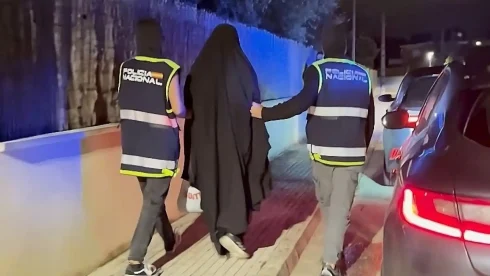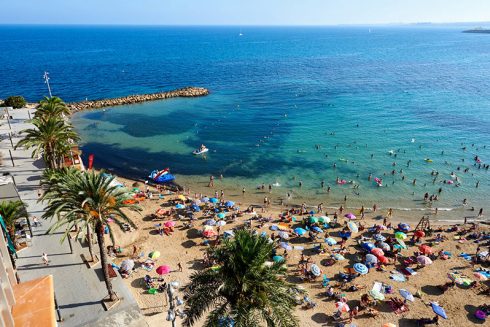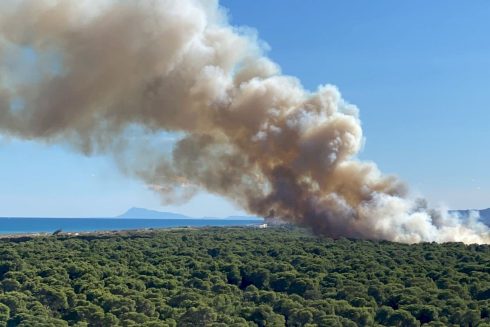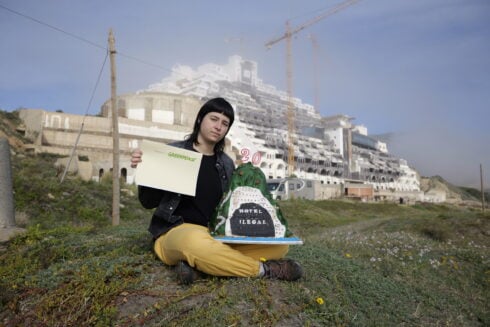THE largest recruiter of jihadist terrorists in Europe was arrested by Spanish police today.
Mustafa Maya Amaya was caught during an anti-terror operation by the Policia Nacional in Melilla.
Amaya, a Spaniard of Belgian origin who converted to Islam, is said to be the biggest recruiter of new jihadist terrorists on the continent.
He was sentenced to eight years in prison in 2018 for operating a terror network out of the same North African enclave in which he was arrested today.

However he was released early last year after agreeing a deal with the Prosecutor’s Office which saw him confess to helping send fighters to Syria, Libya and Mali to ‘wage jihad’.
In their ruling, Spanish judges described Amaya as the “promoter, director and coordinator” of “one of the largest networks for recruiting and sending radicals to join jihadist terrorist organisations”, which carried out “nonstop work” since 2012 “nurturing other groups” such as the Islamic State or Jabhat Al Nusra.
Amaya suffers from a disability that forces him to use a wheelchair and sports a thick beard and glasses, making it hard for him to go unnoticed among the population of Melilla.
Maya’s arrest was during the second anti-terror operation launched in Spain since the war erupted between Hamas and Israel earlier this month.
After the bombings in the Gaza Strip, the terrorist group called on the “Muslims of the world” to provoke a “day of anger” throughout the West.
Last Friday, the Police arrested four people accused of (or being related to) jihadist indoctrination and promotion on social networks.

The arrests took place in Madrid, Barcelona and Granada. In raids on their homes, police found a manual to create the ISIS bomb known as ‘mother of Satan’.
Analysts confirmed how the suspects, linked through closed social media groups, had undergone a rapid radicalisation process in recent days.
Sources suggest that the conflict in the Middle East had accelerated their desire to attack, although they did not have any concrete plan.
Spain remains at terror threat level 4, the second highest, although it has ramped up security measures.
It would only be moved to 5 when there is a genuine threat of an imminent attack in the country.
Click here to read more Spain News from The Olive Press.








